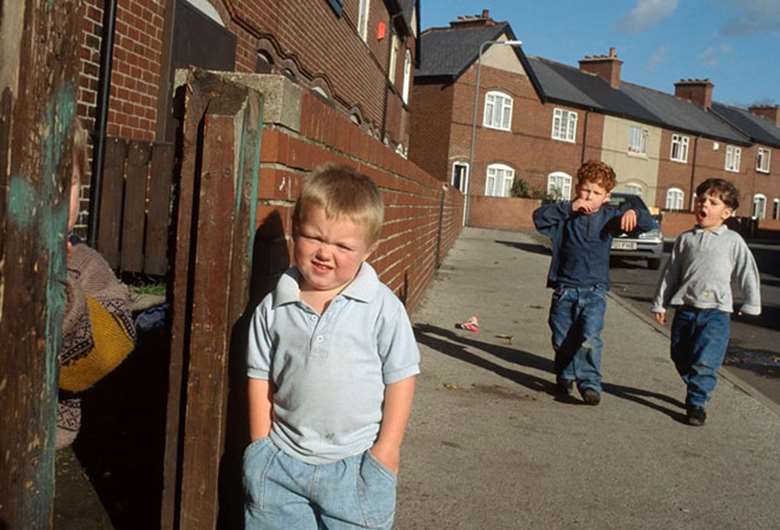Children in 'Opportunity Area' have improved outcomes
Friday, February 15, 2019
Children in the most deprived area of the country have seen a huge improvement in their outcomes at the end of the EYFS following a major programme of targeted Government investment.

In West Somerset, which has been ranked 324th out of 324 on the social mobility index for two years running, 35 per cent of children on free school meals demonstrated a good level of development at the end of the EYFS in 2016, the lowest figure in the country. The same cohort are now at 68 per cent.
The area is one of 12 ‘Opportunity Areas’ which each receive £6m to find ways to tackle their particularly high levels of disadvantage. Nine of these have specific early years priorities, with West Somerset’s being that ‘every child has a great start in life'.
The figures were revealed yesterday at a Westminster Education Forum seminar on social mobility. Julia Ridge, the Opportunity Area lead for West Somerset said, ‘It is really difficult for organisations to offer services [in West Somerset]. If you want to go to the cinema it is 25 miles [away]. If you want to go to a swimming pool it is the same. There is no dual carriageway. There is one train [a steam train] which runs in the summer.’ Local bus routes were also very expensive, she added, and two adult training centres had also closed down.
Speaking to a school and FE-focused audience, Ms Ridge did not give further details on how the Reception outcomes had been achieved, but policy documents reveal that the project aims to use ‘evidence-based interventions such as the Talkboost programme’, which helps to promote speech and language development, and programmes such as Peers Early Educational Partnership (PEEP), to help parents develop skills to support their children’s early learning and social and emotional development.
It also aims to improve the assessment of children’s development in the early years by education and health professionals and improve access to children’s services for parents of children from birth through to Reception.
In Stoke-on-Trent, another Opportunity Area with a focus on improving outcomes in the EYFS, one-third of the population are in the 10 per cent of the most deprived in England and just a quarter of young people go to university, according to Liz Barnes, co-chair of the local opportunity area partnership board.
One local focus was encouraging the parents of disadvantaged two-year-olds to take up their nursery places. ‘It is the most deprived children that are not taking up that support’ she said.
She added, ‘whatever we do it should be sustainable – too many interventions are about the here and now. .. If we are talking about two-year-olds we need to see the impact on [them as] 16-year-olds. Are we going to be keep tracking them? I hope so.’
Professor Barnes added that local groups and councils were saying 'we know what needs to be done, we have just run out of money. We have had to push back and say it us not the Opportunity Areas' job to pick up local authority projects and give them money.'
Scaling up
Hannah Streatfeild, the Department for Education’s deputy director of the Opportunity Areas programme, said there were two overarching aims: to achieve the outcomes set out by the Opportunity Areas and to learn from what works and scale it up.
She said ‘It’s a bottom-up programme to ensure we have the right people around the table to have conversations about the need of young people and also to ensure there is a focused plan.’
In Ipswich, where a focus is self-regulation and resilience, Ms Streatfeild said, ‘Outcomes at Key Stage 2 are below the national average. So we are looking at ways for schools to involve parents learning in school and at home.’
She described one outcome of the project being a text message system to reduce children’s unauthorised absences by providing ‘behavioural nudges’. She added ‘This is not the school against the parent, this is the school working with the parent and providing the support that might be needed.’
Opportunity Areas were launched in 2017 as a three-year programme. Those with early years priorities are Derby, East Cambridgeshire, Hastings, Ipswich, North Yorkshire, Norwich, Oldham, Stoke on Trent and West Somerset.




